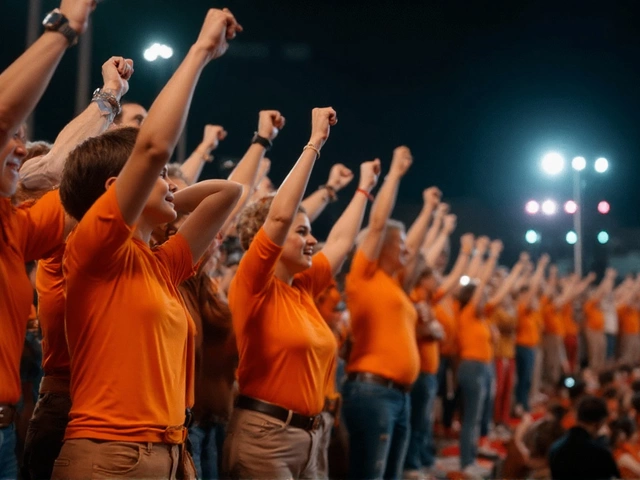Why Portland Eastern matters in Jamaica’s 2025 race
One constituency on Jamaica’s rugged northeast coast has an outsized political story. The seat of Portland Eastern is small in geography but big in symbolism: it shifted from decades of People’s National Party (PNP) dominance to the Jamaica Labour Party (JLP) in a 2019 by‑election and stayed JLP in 2020. Now, reports indicate the PNP’s candidate, Buchanan, may have won it back in the 2025 general election. Independent, verified details are still thin, but the possibility alone tells you how closely this race is watched.
Nationally, preliminary results point to a Parliament split of JLP 34 seats and PNP 29. In a chamber that tight, every marginal seat matters. A Portland Eastern flip would speak to mood shifts in rural Jamaica—especially on issues like roads, jobs, water, and the cost of living—and could shape the tone of the next Parliament even if the overall majority holds.
To understand why this seat is such a barometer, look at the recent history. The PNP held it for years, including under Dr. Lynvale Bloomfield, whose 2019 death triggered the by‑election that JLP’s Ann‑Marie Vaz won. She retained the seat at the 2020 general election, a high‑profile breakthrough for the JLP on the island’s east. For the PNP, retaking it now would feel like restoring a lost stronghold and reclaiming momentum in a corridor where voters swing hard on local delivery.
That’s the core of Portland Eastern politics: delivery. Voters worry less about flashy national slogans and more about whether the road is passable after a heavy rain, if the water pressure holds through the weekend, and whether a youngster can find decent work without leaving for Kingston. Those practical tests tend to decide close races here.
What a flip would signal—and what to watch next
If Buchanan did, in fact, pull the seat back for the PNP, it would suggest three things. First, the cost‑of‑living argument still bites. Households in the parish juggle food prices, transport costs, and intermittent services. Second, infrastructure promises are being audited in real time. Voters notice which sections of road were fixed, which drains still overflow, and how quickly help arrives after a storm. Third, personal representation matters. Portland Eastern is the kind of place where a candidate’s ground game—clinic days, school visits, small‑business meetups—can outweigh national air war campaigning.
The JLP’s case in recent cycles leaned on visible projects, social support programmes, and a message of steady management. The PNP’s counter was about relief, equity, and re‑centering rural development. In constituencies like Portland Eastern, both messages land—but the winner is usually the one who turns local trust into turnout.
Here’s what to watch as the dust settles:
- Certification of the count: The Electoral Office of Jamaica (EOJ) and the Electoral Commission of Jamaica (ECJ) move from preliminary counts to final certification. Marginal seats often see close scrutiny and, at times, magisterial recounts.
- Turnout patterns: Portland Eastern’s coastal town divisions can move differently from its rural hills. Any flip likely rode higher participation in pockets where infrastructure issues feel most acute.
- Margin and divisions: While overall numbers matter, the division‑level map tells the story—where the PNP rebuilt its base, where the JLP held firm, and where swing communities broke late.
- Ground reports vs. official tallies: Local chatter can sprint ahead of hard numbers. Expect clarity only after the formal processes wrap.
Beyond the constituency, a flip would carry parliamentary implications. With a 34–29 split, every contested seat affects committee chairmanships, negotiating leverage on legislation, and the urgency behind policy bargaining. Even if the government’s majority remains intact, a loss in a high‑profile marginal nudges priorities: rural roads and bridges, water reliability, small‑farmer support, climate resilience, and youth employment rise on the agenda because they just proved decisive at the polls.
There’s also a map lesson for both parties. For the PNP, reclaiming Portland Eastern would show it can convert frustration over living costs into votes on the ground, not just online sentiment. For the JLP, it’s a reminder that visible works need consistent follow‑through, especially in places that feel far from Kingston’s orbit. In swing rural seats, trust erodes fast when promises miss their mark—and rebuilds only with repeated, tangible wins.
So, did Buchanan flip the seat? Early word says yes, but the only result that counts is the certified one. Until then, the constituency remains the story inside the story of Jamaica’s 2025 election: a tight national race defined by a handful of places where day‑to‑day life, not big slogans, decides who sits in Gordon House.


